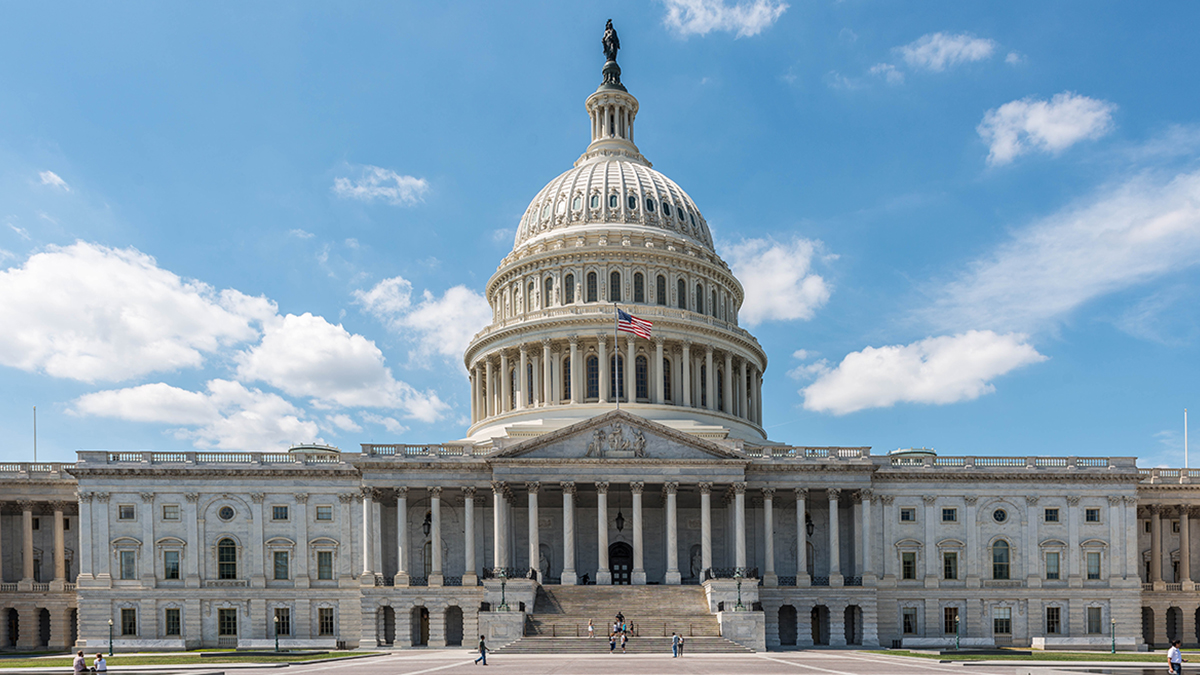The U.S. House of Representatives has a new speaker!
After three weeks without a speaker, the House of Representatives voted to elect Representative Mike Johnson of Louisiana as their speaker, bringing to an end an impasse that sank three other candidates before him and reopening the House for business. In a speech that traced his ascent up the political ladder in Louisiana to Congress, Johnson pledged to try to “restore the people’s faith in this House.” He cited sending aid to Israel, fixing a “broken” southern border, and reining in federal spending as his top legislative priorities. “The challenge before us is great, but the time for action is now,” Johnson said shortly after he was elected. “And I will not let you down.”
Johnson, a fourth-term lawmaker representing his hometown of Shreveport and a large part of western Louisiana, has been a vocal advocate for marquee Republican issues from his time as a constitutional lawyer. A member of the House Judiciary and Armed Services Committees, Johnson doesn’t shy away from topics popular on the right that set him at odds with Democrats. Overall, Johnson has largely stuck with his party, voting with Republicans between 96 and 100 percent of the time since his election. Before coming to Washington, Johnson honed his messaging skills in the courtroom and as a guest host on Louisiana radio shows, and entered politics as a state lawmaker.
As speaker, Johnson faces a looming November 17, 2023 government spending deadline with a House that has lost almost an entire month to the House Republicans’ infighting over who should be the next speaker. Johnson laid out an ambitious plan to have the House pass all of its appropriations bills by November 17th.
Speaker Johnson has the support of the oil and gas industry; he is expected to be a champion of the industry that plays a crucial role in his home state of Louisiana. He has stated in the past the potential for growing natural gas production in his district to “help sustain the environment.”
Speaker Johnson’s ascension as speaker of the House is seen as a win for the oil and natural gas industry, which now counts two Louisiana lawmakers among House leadership, the other being Majority Leader Steve Scalise. Louisiana has long been a chief onshore hub for offshore oil and gas drilling in the Gulf of Mexico, which accounts for about 15 percent of the United States’ oil output, while onshore refineries nearby make up about half of the oil-refining and gas-processing capacity for the country.





